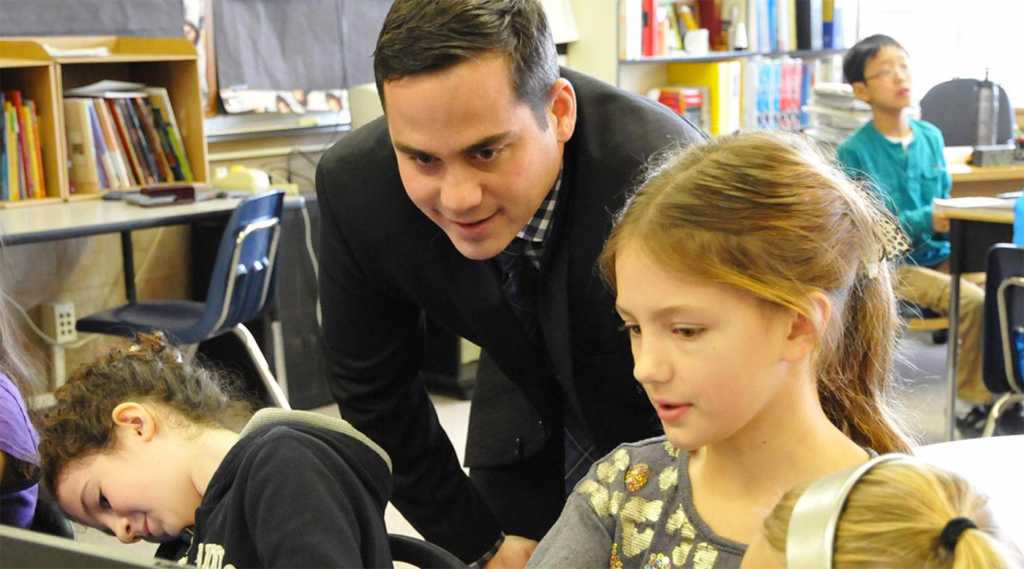Page 75 • (766 results in 0.099 seconds)
-
designated by the student. (1 to 4) PSYC 310 : Personality Theories Strategies for the study of personality. Review of theories and research. Discussion of implications for counseling. Prerequisite: PSYC 101. (4) PSYC 315 : Clinical Psychology 1: Mental Health and Psychological Disorders This course provides an overview of systems of classifying and diagnosing psychological symptoms and biopsychosocial/developmental models for understanding and treating mental disorders (previously termed Abnormal
-
it also intersects with so many of our other students on campus,” said Nicole Juliano, Assistant Director of the Diversity Center and task force member. Task Force working with and for Undocumented StudentsThe Task Force working with and for Undocumented Students advocates for undocumented students by coordinating campus trainings, connecting the community to on- and off-campus resources, and eliminating barriers to student success. The task force has also created financial support systems to
-
research, Mahr examined three case studies of unethical human experiments: torture of Jews in Nazi concentration camps, the Tuskegee study of untreated syphilis in rural black men, and the coerced research and medical discrimination of LGBTQ individuals. Please note, the following images may be disturbing for some viewers. (click to open) Mahr argues that the systems in place, which have evolved over time to protect patients, continue to be violated in a dangerous trend. “This is not an isolated
-
, 2015 I chose to study at PLU because I felt like it was not too big and that I would disappear in the crowd. I wanted smaller classes where I would be able to meet with my professor and they would know who I was. The school’s familiarity with the Norwegian school systems also helped a great deal during the application process and throughout my time at PLU. Guro Ihler2015 I chose to study at PLU because it seemed like a small school, with a great social environment. My best experience was with the
-

superintendent certification. I think this helped me be more aware of my flaws as a leader, which is something I try to work on each day. The experience also made me more knowledgeable of the “big-picture” and how systems such as school districts function and influence the day-to-day operations of schools. This has allowed me to have a broader understanding of what is needed district-wide in relationship to what is needed at the building level. Schools in a large school system are not successful if they are
-
series of text boxes. Enter the Course Registration Numbers (CRNs) for the following two classes: MFTH 503: Systems Approach to MFT, CRN: 20502 MFTH 504: Contextual Foundations of Systemic Practice, CRN: 20503 (CRNs can be also be found on the Banner Interactive Schedule) When you are finished, click Submit Changes. When you are finished with registration, securely log out of Banner Web by clicking Exit. Follow these steps to ensure you have registered for your classes on Banner Self Service: Select
-

-generation identity in relation to others in the heritage speakers class is complicated. She sometimes feels like she’s “faking it,” since her mom attended some college in her home nation of Peru and her dad earned a graduate degree before becoming a systems engineer back home. Her aunts and uncles — among them dentists and neurosurgeons — also had a sense of belonging in academia and spoke the language of higher education. Still, PLU defines first-in-the-family students as those who come from parents
-

differential rotation of Jupiter’s Great Red Spot, and deMattos’s study of atmospheric effects on observations of Saturn’s rings, both focused on features of the solar system popular with kids and amateur enthusiasts. Don’t mistake accessibility for a lack of substance, though. DeMattos is currently deciding between two doctoral programs, and Longstaff will be moving to Los Angeles after graduation for her dream job: systems engineer at Raytheon.
-
, proactive approach to improving students’ sense of belonging, particularly those who have felt marginalized in the past. “It’s not something we’re whispering about anymore,” Hambrick said. Widespread participation is key, Hambrick added. Issues of inequity, such as the use of microaggressions, aren’t just for marginalized people to bear. Privileged people created systems of injustice, she stressed, and therefore they need to be actively involved in tearing them down. “The default is always for people of
-

to going to social-work school, which was helpful because social work largely focused on systems and policies, rather than the individual. I have to say that my ethics came largely from my undergraduate experience, as that was the time when I began to think critically about ethical concerns and how I would approach them. Psychology also gave me a “leg up” in graduate school because I already had the foundation for many of the theoretical concepts of the therapies I now use on a daily basis. How
Do you have any feedback for us? If so, feel free to use our Feedback Form.


